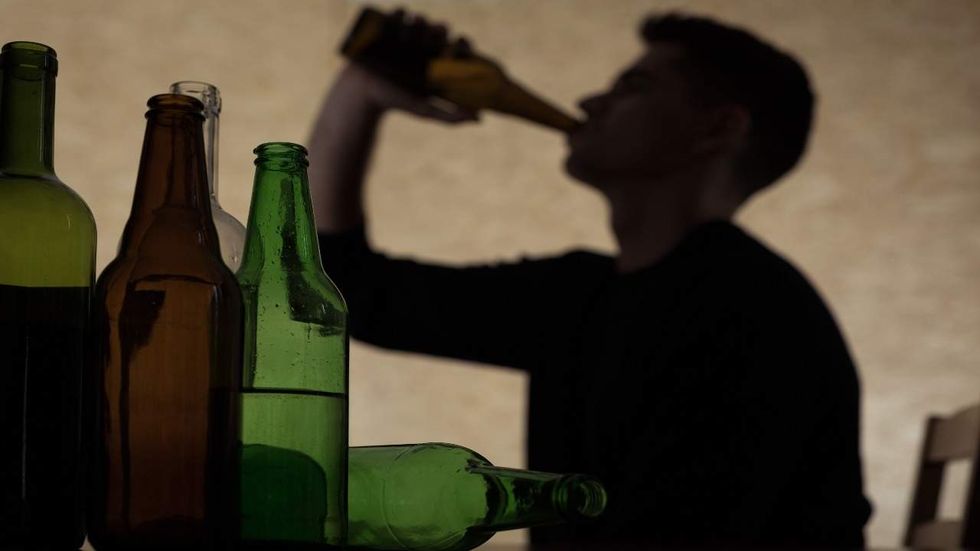
A grand jury report, following the death of 19-year-old Timothy Piazza, found that some Penn State hazing practices subjected students to dangerous or illegal practices, along with excessive drinking.
(Katarzyna Bialasiewicz/Getty Images

A recent grand jury report alleges that Penn State leaders were fully aware of alleged problems with hazing at the university yet neglected to take action.
Penn State officials refuted the finding, stating in court that the university has "shown an unwavering commitment to promoting safety and accountability.” The university also called college alcohol abuse a national problem impacting many schools across the nation.
The grand jury report details allegations of sexual assault and numerous violations of “the law, campus policy, or basic safety principles,” NPR reported.
The Centre County, Pennsylvania, District Attorney’s office made the 236-page report public Friday following the investigation into the death of Timothy Piazza, a 19-year-old fraternity pledge. Piazza reportedly died in February after two days of hazing with the university's Beta Theta Pi fraternity. The chapter has since closed.
According to reports, surveillance video showed he was forced to drink at least 18 drinks in less than 90 minutes — a toxic amount of alcohol. Piazza fell head-first down a flight of stairs, sustaining traumatic injuries. Fraternity members allegedly waited hours before seeking medical help.
“If it takes eliminating these dens of depravity that won’t reform their ways, then do it,” Centre County District Attorney Stacy Parks Miller said during a news conference. “No fraternity’s existence is worth more than the life of Tim Piazza.”
According to NPR, "powerful alumni" who were significant contributors to the university, "helped push against any actions that would change the culture on campus."
In the report, fraternity pledges testified about some of the things they were required to do.
According to the pledges' testimony, some of the things they were required to do included:
Time Magazine reported that 26 fraternity members are facing charges relating to Piazza’s death. The charges range from involuntary manslaughter and aggravated assault to furnishing alcohol to minors.
In addition to their court statement, Penn State issued the following statement about the grand jury report:
"The Report misunderstands or entirely disregards Penn State's tangible commitment to improving safety, as well as public universities' relationship with alumni boards, housing corporations and national organizations, which have oversight of these private organizations," the school said in a statement. "Widespread problems of binge drinking and hazing persist at universities across the country, as tragic headlines in recent weeks have shown. However, it is not a solution to simply point an accusatory finger."